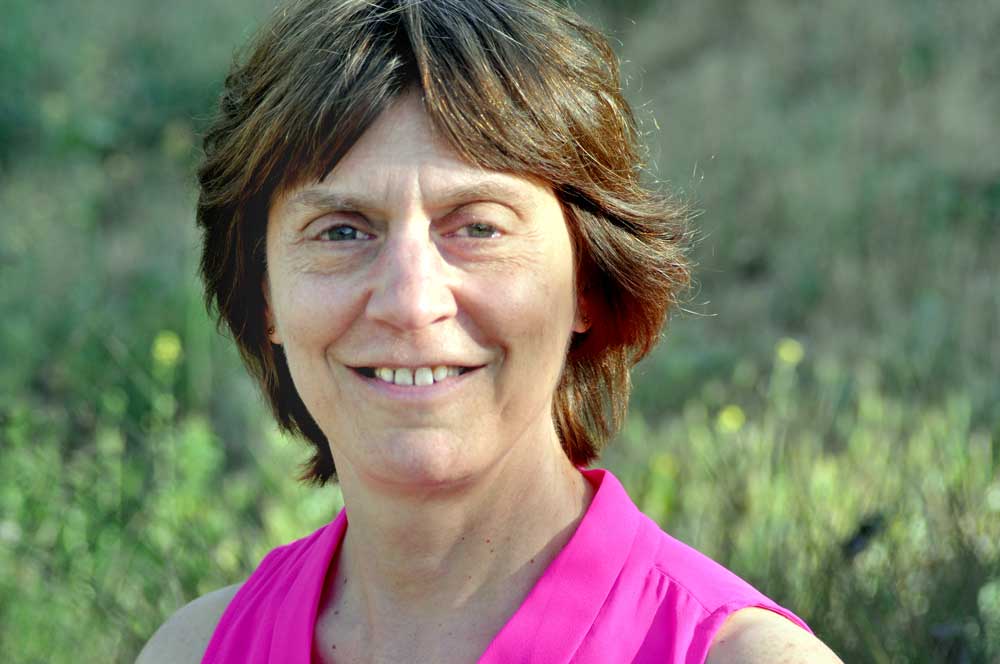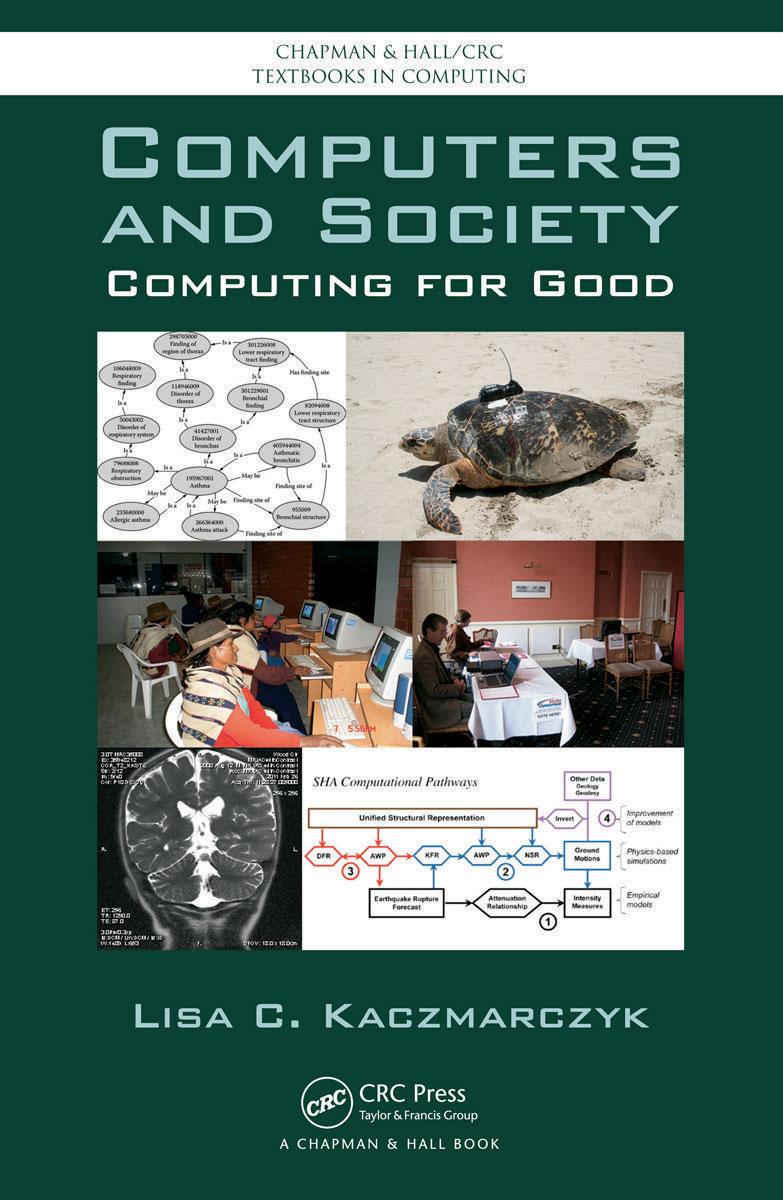About LK Consulting
We believe that engineering and computing have the potential to make an enormous positive impact in the world. Underlying all of our evaluation work is the conviction that focusing on positive impact can go hand in hand with running a successful business.
Our founder’s personal interest in evaluation began when she was in her doctoral program at The University of Texas at Austin. Lisa Kaczmarczyk wanted to conduct interdisciplinary research that meant she would have to obtain ongoing buy-in from successful researchers who couldn’t have seen the world through more different eyes: computer science, experimental psychology and education. Each of these disciplines has very different, and equally valid, expectations about how to answer the question “How do you know it works?”
Kaczmarczyk, developed a philosophy guided by several principles:
-
- listen to all stakeholder perspectives without prejudgment
- build bridges between stakeholder perspectives
- choose rigorous research methods that match both the question being asked and the person asking the question
- maintain open communication and transparency in decision making
The colleagues who work with us share these values. We understand that projects that make a difference are inherently interdisciplinary and require evaluation strategies tailored to each unique context. All of us are committed to supporting organizations that want to demonstrate they are making a difference.
Principles

Our Founder
As members of the Association for Computing Machinery (ACM) Education Council, I have known and worked closely with Dr. Kaczmarczyk since 2007 on various computer science education and policy endeavors of national scope. In particular, she served as the researcher and writer for the ground-breaking ACM Education Policy report, “Rebooting the Pathway to Success: Preparing Students for Computing Workforce Needs in the United States.” This report contains empirical data from all 50 states, and served as key evidence to effect a pivotal change in U.S. national policy about computer science education. With her strong interdisciplinary background in computer science, and science education, along with her many years of research and evaluation experience, Dr. Kaczmarzyk is distinctively qualified. I highly recommend Dr. Kaczmarczyk, and welcome the opportunity to work with her expert consulting firm again!
Lisa was Vice-Chair of the ACM Special Interest Group on Computers and Society (SIGCAS) from 2022-2023, and 2023 Past Chair for the American Evaluation Association Independent Consulting Topical Interest Group (AEA IC-TIG). Previously, Lisa was Program Chair and Co-Chair for the IC-TIG, served several years on the board of UX Speakeasy / IxDA San Diego, and for close to a decade was Associate Editor and quarterly columnist for ACM Inroads Magazine.
Lisa served for eleven years on the the Association for Computing Machinery (ACM) Education Council. She has served as the United States representative on the International Committee of the Computer Science Teachers Association (CSTA), has served on numerous industry and academic conference committees and was the keynote speaker at the 2nd Indiana Women in Computing Conference (InWIC).
Lisa is on the advisory board of Global Tech Women, an organization supporting the personal and professional needs of technical women, and is a Researcher member of the CSforALL Consortium. She supports her local community as an active member of several San Diego Sierra Club committees.
Lisa speaks Spanish quite well and is actively working on being able to hold her own in a French dinner conversation.

Since computer scientists make decisions every day that have societal context and influence, an understanding of society and computing together should be integrated into computer science education. Showing students what they can do with their computing degree, Computers and Society: Computing for Good uses concrete examples and case studies to highlight the positive work of real computing professionals and organizations from around the world.
Clients
Clients have included:
Purdue University
The Association for Computing Machinery (ACM)
University of California
San Diego
Ramapo College of New Jersey
Olivet Nazarene
University
Stanford University
Bryn Mawr College
University of Illinois Urbana-Champaign
University of Massachusetts Amherst
Navajo Technical University
University of Connecticut
Claremont Graduate University
Arizona State University
University of
Washington
Broward County Florida Public Schools
California State University San Marcos
University of Texas
El Paso
San Francisco State
University
University of Michigan-Flint